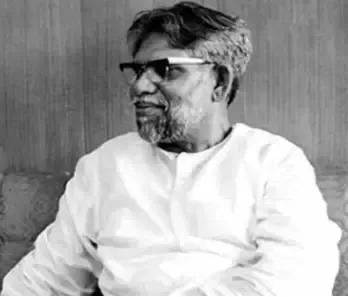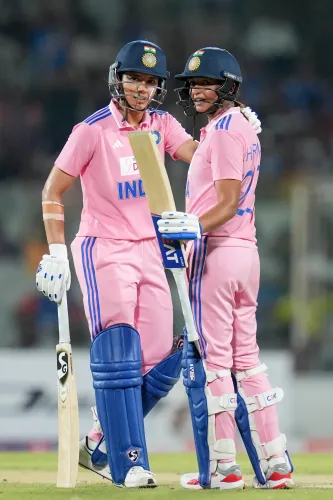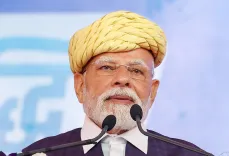Did the Gujarat HC Dismiss a Plea Against the UCC Committee?

Synopsis
Key Takeaways
- The Gujarat High Court dismissed a writ petition against the UCC committee.
- The committee aims to assess the feasibility of a Uniform Civil Code in Gujarat.
- Concerns were raised regarding minority representation within the committee.
- The UCC seeks to establish a common legal framework for all citizens.
- Article 44 of the Constitution advocates for uniform civil laws.
Ahmedabad, July 29 (NationPress) The Gujarat High Court has on Tuesday dismissed a writ petition that contested the formation of a five-member committee established by the state government to assess the viability and structure of a Uniform Civil Code (UCC) in Gujarat.
The writ was initiated by Abdul Vahab Sopariwala from Surat, who claimed that the committee lacked adequate representation from minority communities and requested its reformation. Justice Niral R. Mehta, who oversaw the case, swiftly rejected the petition with a single-word verdict: “Dismissed.” A comprehensive judgment is anticipated.
The committee in question was established by a state notification dated February 4, 2025, under the chairmanship of former Supreme Court judge Justice Ranjana Desai. Additional members of the committee include retired IAS officer C.L. Meena, senior advocate R.C. Kodekar, former VNSGU vice-chancellor Dr. Dakshesh Thakar, and social activist Geetaben Shroff.
In his petition, Sopariwala argued that the committee's makeup is constitutionally flawed due to the lack of representation from religious minority groups and specialists in personal laws.
He contended that this exclusion compromises Articles 14 (equality before law), 15 (prohibition of discrimination), and 25 (freedom of religion) of the Constitution, thereby jeopardizing the consultative process for a code that could significantly affect various communities.
Before resorting to legal action, the petitioner had submitted a representation on March 16, 2025, to the Chief Minister, advocating for the inclusion of legal experts and community representatives knowledgeable in personal laws.
The state government has asserted that the committee was formed within its executive authority to investigate the necessity for a Uniform Civil Code, aligning with constitutional directives under Article 44, which encourages the establishment of a common civil framework for all communities.
The High Court's dismissal effectively validates the current configuration of the committee, although the legal and societal discourse regarding the UCC is ongoing. The Uniform Civil Code (UCC) is a proposed set of universal personal laws intended to apply uniformly to all Indian citizens, irrespective of religion, caste, or community, concerning issues like marriage, divorce, inheritance, and adoption.
Conceived under Article 44 of the Indian Constitution, which calls for the state to work towards a uniform set of civil laws, the UCC seeks to promote equality and secularism by replacing existing religious personal laws with a standardized legal framework.









